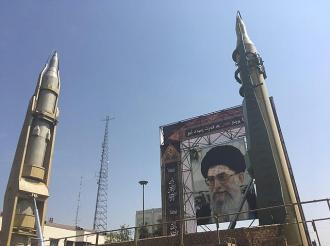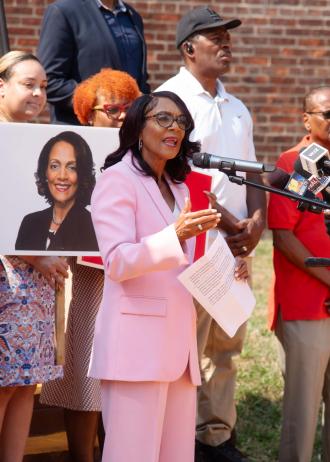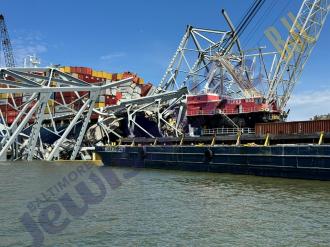The direct economic and financial impact for Qatar as a result of the diplomatic boycott with some Arab states is fading, according to a report from the International Monetary Fund.
Qatar’s banking system has recovered from initial outflows and the economy is expected to grow 2.6 percent this year, the IMF said in a report citing formal consultations with Qatar.
The country’s fiscal deficit is estimated to have narrowed to about 6 percent of gross domestic product in 2017 from 9.2 percent in 2016 , the IMF said.
Saudi Arabia, the United Arab Emirates, Bahrain and Egypt cut diplomatic and transport ties with Qatar on June 5, 2017, disrupting Doha’s imports and triggering the withdrawal of billions of dollars of deposits from Qatari banks.
The crisis revolves around allegations by Saudi Arabia, the UAE, Bahrain and Egypt that Qatar supports terrorism, a charge which Doha denies.
The boycott hurt second-quarter GDP but Qatar, the world’s top exporter of liquefied natural gas, responded by developing new trade routes, depositing state money in its banks and helping local firms to develop domestic output of some goods.
Qatar’s foreign reserves with the central bank increased $2.9 billion to $17.7 billion, HSBC said in a report to clients on Monday, adding that the stronger foreign reserve position was in part supported by continued improvement in Qatar’s trade balance.


















